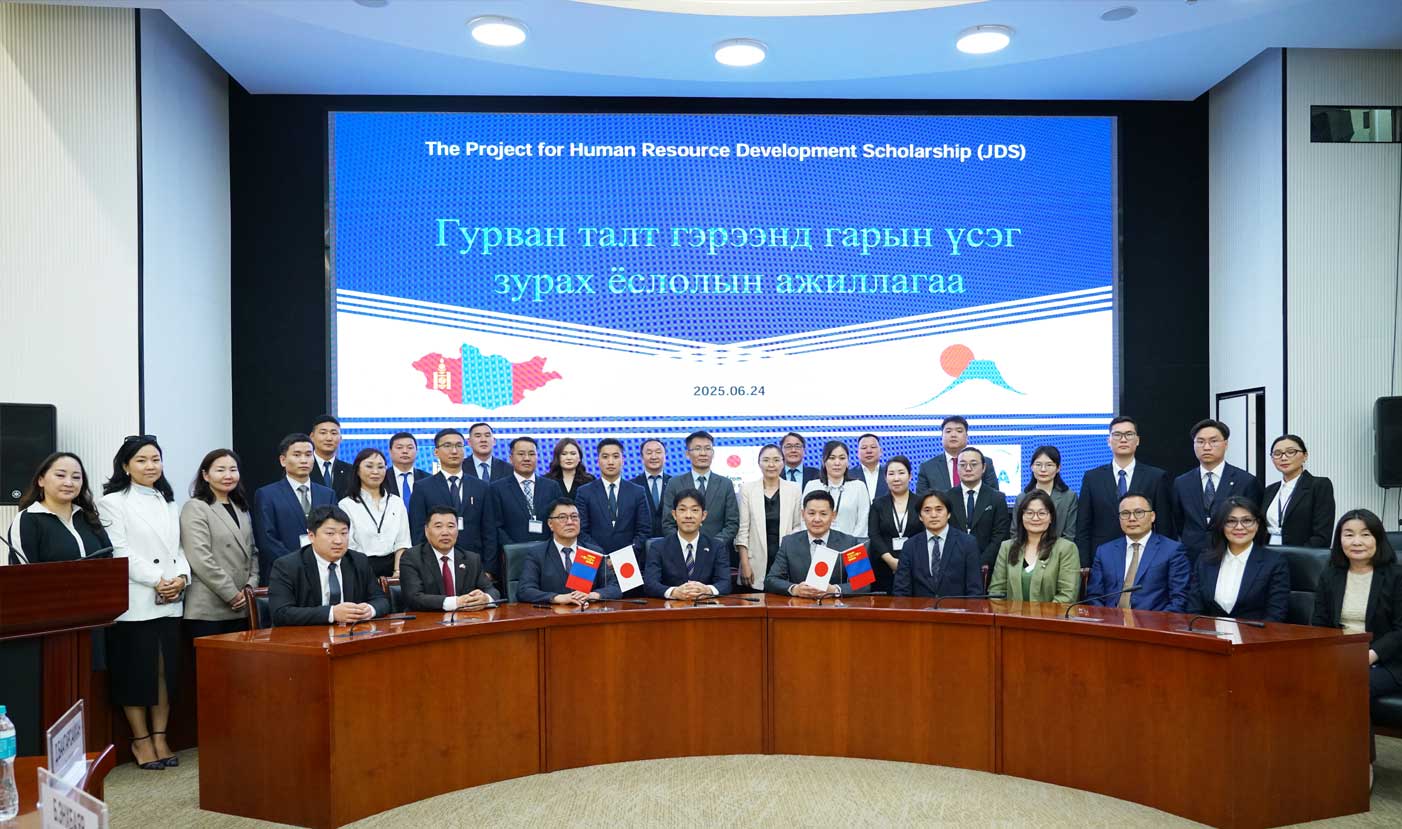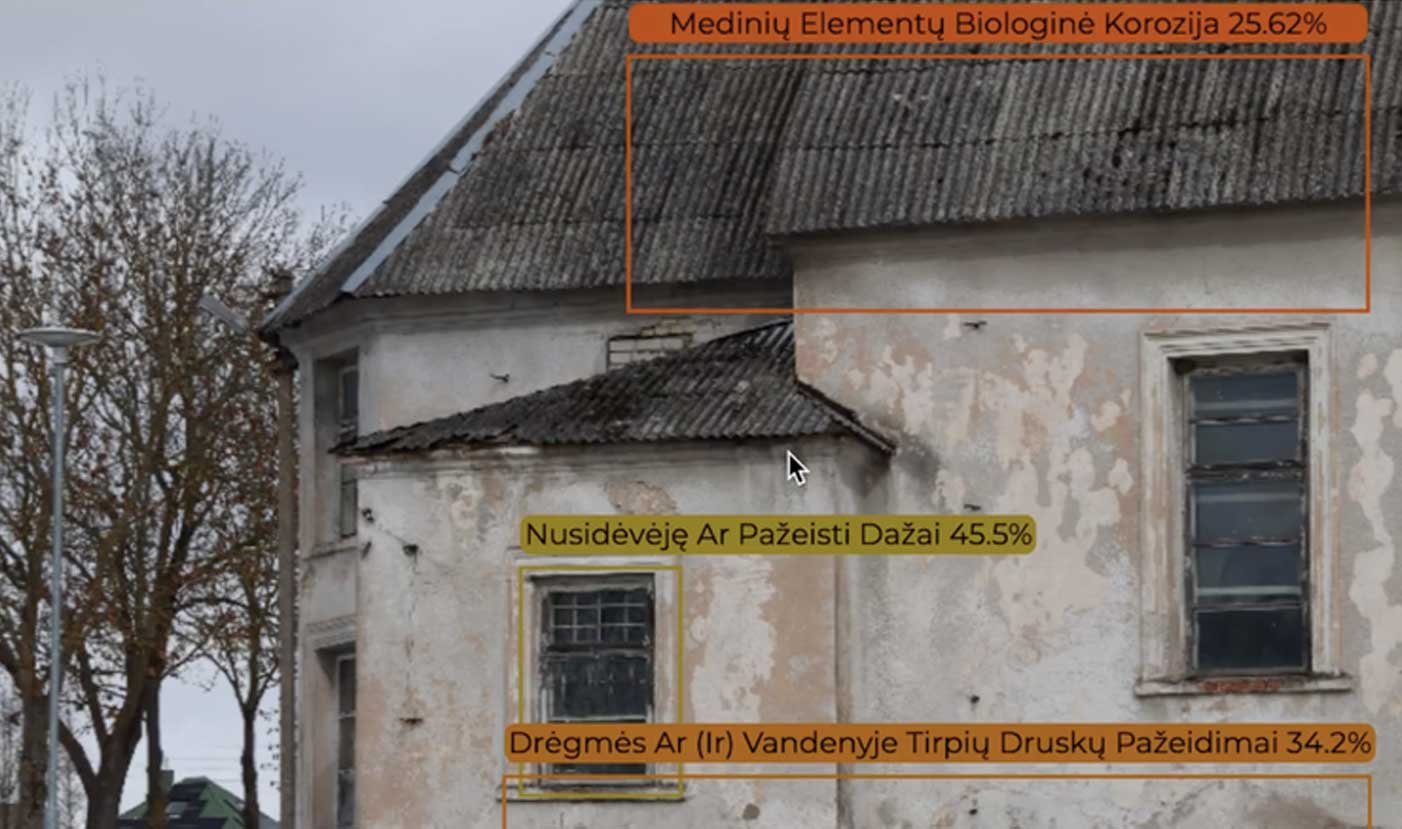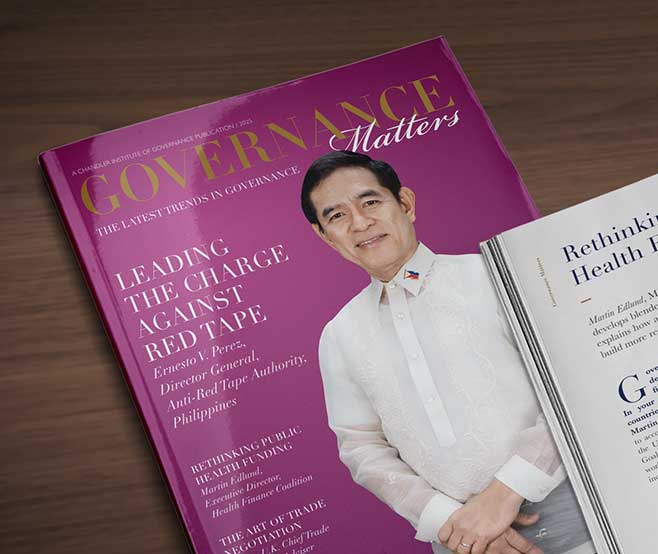Powering Mongolia’s Civil Service with New Talent and Digital Reform
Mongolia has risen from 88th place in 2021 to 76th in 2025 in the Chandler Good Government Index (CGGI), the second-largest improvement over that period after the United Arab Emirates (UAE). It is also one of only five countries, along with China, Spain, the UAE, and Vietnam, that have consistently improved their CGGI scores during the period. Tsedevsuren Lkhagva, Chairwoman of Mongolia’s Civil Service Council, explains how modernising civil service recruitment and expanding online public services has made this possible.
Lorem ipsum dolor sit amet, consectetur adipiscing elit, sed do eiusmod tempor incididunt ut labore et dolore magna aliqua. Ut enim ad minim veniam, quis nostrud exercitation ullamco laboris nisi ut aliquip ex ea commodo consequat. Duis aute irure dolor in reprehenderit in voluptate velit esse cillum dolore eu fugiat nulla pariatur.
Heading 1
Heading 2
Heading 3
Heading 4
Heading 5
Heading 6
Lorem ipsum dolor sit amet, consectetur adipiscing elit, sed do eiusmod tempor incididunt ut labore et dolore magna aliqua. Ut enim ad minim veniam, quis nostrud exercitation ullamco laboris nisi ut aliquip ex ea commodo consequat. Duis aute irure dolor in reprehenderit in voluptate velit esse cillum dolore eu fugiat nulla pariatur.
Block quote
Heading 6
Ordered list
- Item 1
- Item 2
- Item 3
Unordered list
- Item A
- Item B
- Item C
Bold text
Emphasis
Superscript
Subscript
Governance Matters: What do you think is driving the consistent improvement in Mongolia’s government performance in the CGGI over the past five years?
Tsedevsuren Lkhagva: Over the past five years, Mongolia has implemented comprehensive measures to improve the effectiveness, transparency, and accountability of its public institutions. The revised Civil Service Law, enacted in 2019, laid the foundation for building an ethical, independent, professional, competent civil service. As part of this reform, recruitment, performance evaluation, professional development policies, and ethical oversight have been significantly enhanced.
In 2020, Mongolia adopted its long-term development policy, Vision 2050. Under this policy, the country’s ongoing digital transformation of government is supporting transparent, accessible, and citizen-centred governance. Through the E-Mongolia platform, citizens can now access over 800 public services online, which has increased public engagement and trust, improved service accessibility, and reduced bureaucratic red tape.
In addition, substantial investment has been made in core information technology infrastructure to improve data sharing between government agencies and strengthen data-driven decision-making. The Civil Service Council has also continued to implement numerous initiatives aimed at shaping a results-oriented, modern, and digitalised civil service.

A key ingredient to effective governments is the calibre of its talent. How has Mongolia sought to attract and nurture promising talent from its large and young population to the public sector?
We aim to position a role within the civil service not just as a career, but as an honourable choice to serve the nation. Mongolia is working to improve and digitalise its recruitment system, while promoting it openly among university students and young people. This includes awareness campaigns that inform people about online examinations and skills assessments used in civil service recruitment. By making information about the application process more accessible, these campaigns aim to encourage a broader range of candidates to apply and to strengthen the talent pipeline. Furthermore, we have institutionalised a transparent recruitment system based on merit and competencies, which we continue to improve.
To further nurture our talent pipeline, we have expanded the role of the National Academy of Governance to provide short- and medium-term training for both newly appointed and current civil servants, with a focus on developing
leadership competencies.

In your view, what competencies, qualities, and attitudes will the next generation of public sector officers and leaders need to succeed in a rapidly changing governance landscape?
It is essential for future civil servants to possess digital literacy, innovative thinking, high ethical standards, a positive mindset, and genuine dedication to public service. Without commitment, there can be no perseverance, and without perseverance, there can be no results.

They must also be capable of solving problems creatively, working collaboratively, and thinking analytically. These qualities will enable them to adapt to change and become resilient, competent public officials.
To cultivate these capabilities, the Civil Service Council is working with the government to more precisely define and approve a comprehensive competency framework for civil servants, and to develop and implement training programmes based on assessment and evaluation. This is being carried out in collaboration with the National Academy of Governance, sectoral councils, and international partner organisations.
It is essential for future civil servants to possess digital literacy, innovative thinking, high ethical standards, a positive mindset, and genuine dedication to public service.

Heading 1
Heading 2
Heading 3
Heading 4
Heading 5
Heading 6
Lorem ipsum dolor sit amet, consectetur adipiscing elit, sed do eiusmod tempor incididunt ut labore et dolore magna aliqua. Ut enim ad minim veniam, quis nostrud exercitation ullamco laboris nisi ut aliquip ex ea commodo consequat. Duis aute irure dolor in reprehenderit in voluptate velit esse cillum dolore eu fugiat nulla pariatur.

Block quote
Ordered list
- Item 1
- Item 2
- Item 3
Unordered list
- Item A
- Item B
- Item C
Bold text
Emphasis
Superscript
Subscript
Lorem ipsum dolor sit amet, consectetur adipiscing elit, sed do eiusmod tempor incididunt ut labore et dolore magna aliqua. Ut enim ad minim veniam, quis nostrud exercitation ullamco laboris nisi ut aliquip ex ea commodo consequat. Duis aute irure dolor in reprehenderit in voluptate velit esse cillum dolore eu fugiat nulla pariatur.
Endnotes
- Item 1
- Item 2
- Item 3


Tsedevsuren Lkhagva has been Chairwoman of the Civil Service Council of Mongolia since January 2024. She has spent over 30 years working in the government of Mongolia, first as a Legal Assistant to the Minister of Culture in 1994, and then as a Legal Adviser at the Ministry of Enlightenment and the Ministry of Education, Culture and Science. In 2004, she served as Director of the Public Administration Department, and was later appointed Director of the Legal Department from 2017 to 2020. She was also State Secretary and, subsequently, Minister of Education and Science from 2020 to 2021.
Lorem ipsum dolor sit amet, consectetur adipiscing elit, sed do eiusmod tempor incididunt ut labore et dolore magna aliqua. Ut enim ad minim veniam, quis nostrud exercitation ullamco laboris nisi ut aliquip ex ea commodo consequat. Duis aute irure dolor in reprehenderit in voluptate velit esse cillum dolore eu fugiat nulla pariatur.













